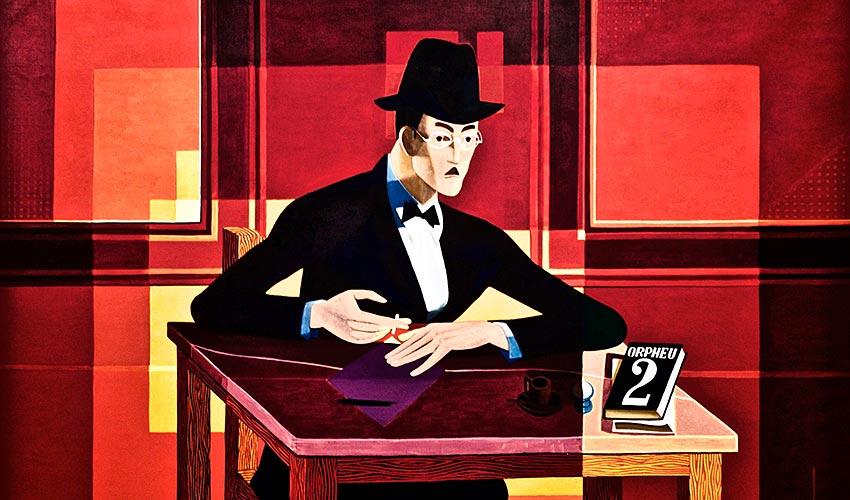Portuguese literature is distinguished by a wealth of lyrical poetry, prose and verse. Literature has always been widely celebrated in Portugal and following the Roman occupation there was an abundance of historical writing that documented the country’s rulers, conquests and development.
The early cancioneiros ("song-books") evidence a school of love poetry that spread with the language to Spain at a time when Spanish literature was as yet undeveloped for lyrical purposes.
The romanceiro, on the other hand, was influenced by Spanish literature, though not sharing the latter's predilection for the heroic.
Probably the most notable of all epic poems is Os Lusíadas, a work of art by Luís Vaz de Camões, which was first printed in 1572.
The medieval lyric, the plays of Gil Vicente, verses describing the beautiful countryside, Portuguese prose of the 16th century and, above all, Os Lusíadas, are expressions of a clearly defined national identity.
When considering Portuguese literature of the 20th and 21st centuries, it’s important to mention the much-acclaimed writer José Saramago (1922–2010) who was awarded the Nobel Prize in Literature in 1998. He is widely regarded as one of the finest Portuguese contemporary writers and caused much controversy with his style, which often presented subversive and alternative views to historical events. Another notable feature of Saramago’s work was his lack of proper punctuation and grammar, which gave him a distinct and experimental style of writing.
Another famous Portuguese writer who deserves a mention is the world-renowned poet, writer and journalist Fernando Pessoa (1888–1935), who was considered to be one of the leading literary figures of the 20th century. Having been influenced by such great writers as Shakespeare, Milton, Wordsworth and Keats during his childhood, Fernando Pessoa developed an extraordinary style of writing. He was not just one poet, he created different poetic personalities, a type of alter ego that he referred to as heteronyms. These ‘other’ poets – Alberto Caeiro, Álvaro de Campos and Ricardo Reis – had their own voice, political views, age, professions, philosophies and writing style. He amassed a huge body of work during his lifetime writing as himself as well as using pseudonyms and remains a much-loved Portuguese figure.

 English
English  Português
Português  Deutsch
Deutsch 


